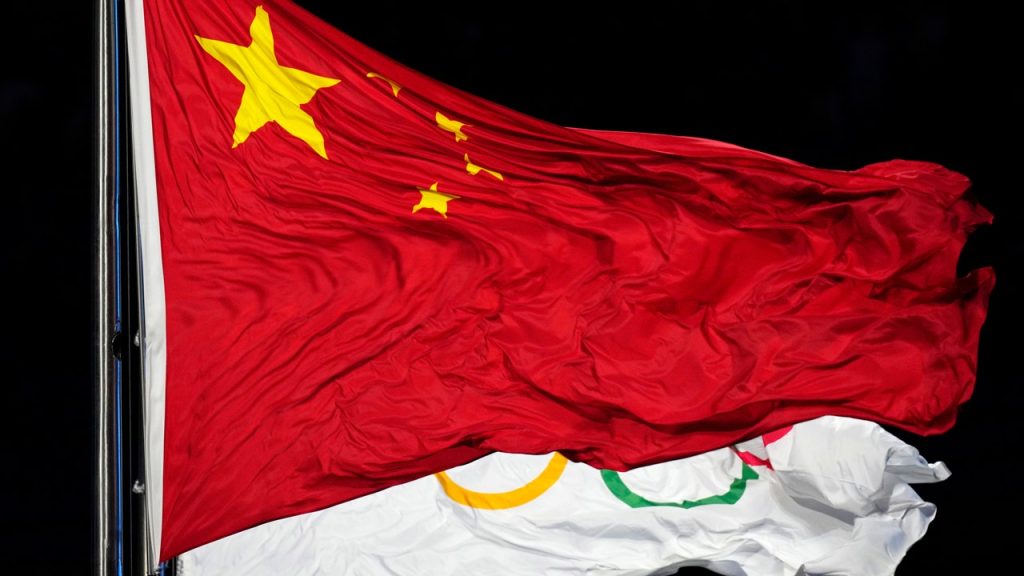Two key American athlete groups called for a thorough and independent investigation into the case involving 23 Chinese swimmers who tested positive for a banned heart medication but were not sanctioned. The USA Swimming Athletes’ Advisory Council and the Team USA Athletes’ Commission penned a letter to Rahul Gupta, director of the Office of National Drug Control Policy, expressing their concerns. Gupta, who is a member of the World Anti-Doping Agency’s executive committee, is expected to participate in a special meeting to discuss the doping case. The athletes emphasized the need for trust in WADA to establish and enforce fair play standards and protect their rights, which they feel has been compromised in this instance.
WADA has refuted claims of rule-breaking in the Chinese swimmers’ case, stating that Chinese anti-doping authorities determined the samples were contaminated, without providing a way for WADA to challenge this ruling effectively. Some of the swimmers in question went on to compete at the Tokyo Olympics later that year. WADA recently announced the appointment of a Swiss prosecutor, Eric Cottier, to review its handling of the cases, but this move has garnered criticism for various reasons including the prosecutor’s proximity to IOC and World Aquatics operations, as well as the perceived limited scope of the review. Despite these concerns, Gupta issued a statement after a meeting of government leaders from the Western Hemisphere, acknowledging Cottier’s appointment as a positive step in addressing the doping allegations.
The swimming athletes’ council includes prominent figures such as Lilly King, a vocal advocate against doping in sports. The athletes expressed worries about the fairness of competition heading into upcoming Olympic and Paralympic games, highlighting ongoing concerns about a level playing field. The athletes’ letter to Gupta underlines the importance of maintaining trust in WADA’s ability to uphold and implement anti-doping standards effectively, calling for a transparent investigation into the handling of the Chinese swimmers’ case. Gupta’s role in the WADA executive committee is crucial due to government funding contributing to half of the agency’s annual budget, with past instances of the U.S. withholding payments when dissatisfied with WADA’s performance.
The athletes’ call for an independent investigation aims to address doubts about the integrity of anti-doping measures in sports and ensure that all athletes have an equal opportunity to compete on a fair playing field. Concerns about the transparency and accountability of WADA’s actions in response to the Chinese swimmers’ case have raised suspicions among athletes and advocates for clean and fair competition. The appointment of a neutral Swiss prosecutor to review the handling of the cases by WADA represents a step towards addressing these concerns, although critics remain skeptical about the impartiality of the review process. The role of key stakeholders, including government officials like Gupta, in overseeing anti-doping efforts is crucial in upholding the integrity and credibility of sports competitions worldwide.













